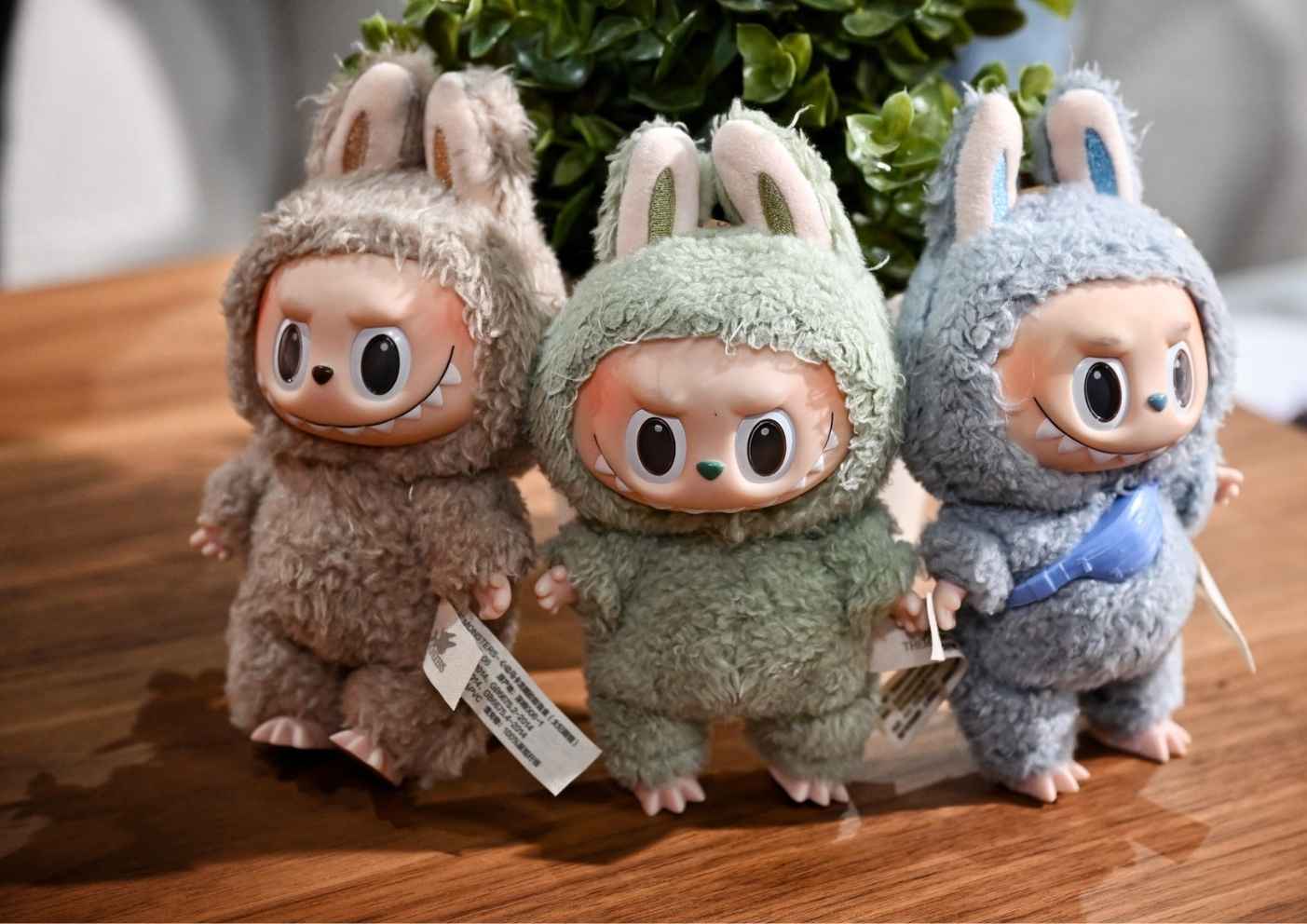BEIJING, China: A new trend is sweeping through the streets of Beijing as mini “labu” buses make their debut, drawing widespread attention and sparking conversations across the city. These compact, brightly colored buses — about half the size of traditional models — are redefining urban transport with their convenience, affordability, and style.
Inspired by the success of electric mini-buses in cities like Liuzhou — where they’re popularly called “baby buses” or baobao bashi — Beijing’s version is quickly gaining traction. In Liuzhou, these mini-buses are not just for daily commuting; they are used as mobile shops, wedding vehicles, and even police patrol units. Residents can rent them for as little as $1.4 per hour, making them an economical option for short-distance travel.
Industry analysts point out that this rising popularity is part of a broader shift in China’s transportation ecosystem, driven by rapid urbanisation, government-backed EV subsidies, and the falling costs of battery technology. With China already commanding nearly 60% of the global EV market share, these mini-buses symbolize the country’s innovative approach to greener, smarter mobility solutions.
The compact design of these buses allows them to navigate narrow city streets, fit easily into tight parking spaces, and offer convenient last-mile connectivity. Experts believe their efficiency and eco-friendly nature could help address major urban challenges like traffic congestion and rising pollution levels, making them a valuable addition to Beijing’s evolving transit system.
As the buzz around these mini “labu” buses grows, many believe they are not just a trend but a glimpse into the future of sustainable city travel in China.
This story has been reported by PakTribune. All rights reserved.



